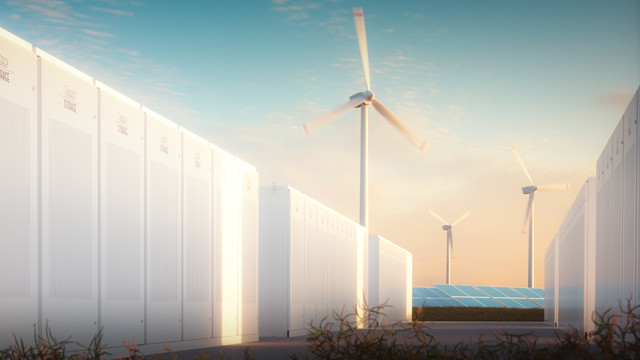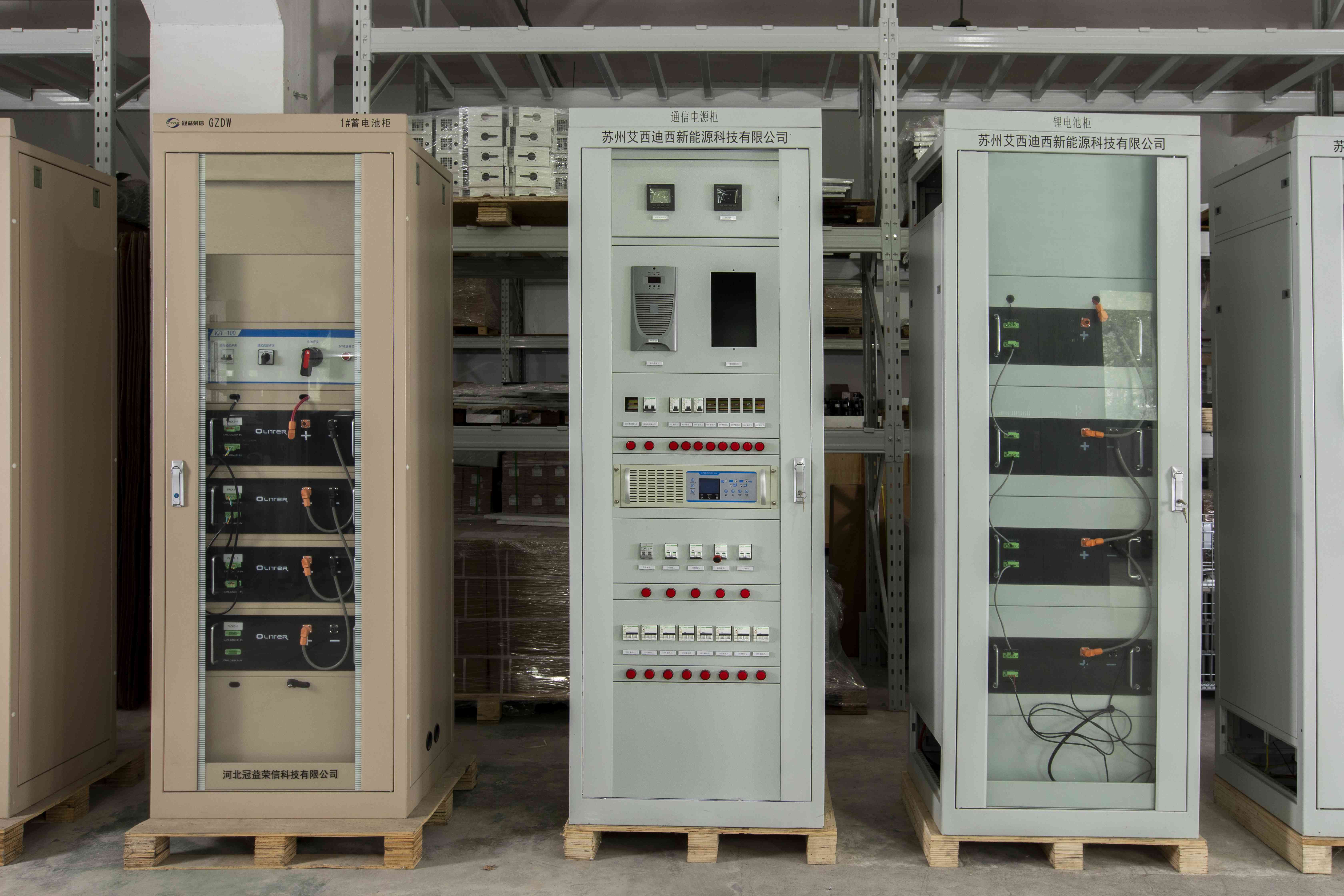
Mei . 30, 2025 09:50 Back to list
DC Coupling Manufacturer High-Quality Solutions & Custom Designs
- Technical foundations and industry applications of DC coupling
- Performance metrics and efficiency advantages overview
- Key evaluation criteria for selecting DC coupling manufacturers
- Comparison between AC and DC coupling technologies
- Custom engineering solutions for specialized requirements
- Real-world implementation case studies
- Future developments and manufacturing partnership considerations

(dc coupling)
Understanding DC Coupling Fundamentals and Applications
Direct current coupling has become integral in modern power systems where consistent energy transmission matters. Unlike AC alternatives, DC coupling minimizes conversion stages for renewable sources like solar panels and battery storage, maintaining voltage stability within ±1%. Industrial facilities adopting DC solutions report 30% fewer power conversion stages, significantly enhancing overall system resilience.
Across the energy sector, DC-coupled architectures prove indispensable for:
- Microgrid installations requiring stable islanding capabilities
- Data centers prioritizing uninterrupted power supplies (UPS systems)
- Electric vehicle charging infrastructures with rapid-response demands
Performance Metrics and System Advantages
When evaluating power solutions, DC coupling provides measurable benefits. Recent third-party testing revealed 94.2% average round-trip efficiency in energy transfers compared to 88.7% for equivalent AC-coupled configurations. This efficiency gap translates directly into operational savings: facilities consuming 500 MWh annually save approximately €18,000 through reduced conversion losses alone.
Additional technical differentiators include:
- Transient response times under 20ms during load fluctuations
- Harmonic distortion reduction by 30% compared to AC systems
- Voltage tolerance maintaining ±2% consistency under 100% load shifts
Evaluating DC Coupling Manufacturers
Choosing production partners requires scrutiny beyond basic specifications. Leading DC coupling factories maintain ISO 9001:2015 certification alongside UL 1741-SA compliance. Facilities with on-site testing laboratories resolve quality issues 60% faster than offshored alternatives. Production capacity remains critical: premium manufacturers house SMT lines capable of 15,000+ units monthly with less than 0.7% defect rates.
Key manufacturing evaluation criteria include:
- Material traceability systems covering component sourcing origin
- Thermal management validation at 130% of rated capacity
- Third-party IP65 certification for harsh environments
AC vs DC Coupling Comparative Analysis
Understanding technology distinctions empowers optimal selections:
| Parameter | DC Coupling | AC Coupling | Performance Difference |
|---|---|---|---|
| Energy Conversion Efficiency | 94-96% | 85-89% | +6.5% avg |
| Partial Load Performance | 92% at 30% load | 78% at 30% load | +14% |
| Voltage Stabilization | ±1% fluctuation | ±3.5% fluctuation | 72% tighter regulation |
| Installation Complexity | 1.2 labor hours/kW | 1.8 labor hours/kW | -33% effort |
| Lifespan Cost per kW | €0.023/kWh | €0.031/kWh | -26% lifetime |
DC coupling proves particularly advantageous when integrating modern battery storage solutions, eliminating multiple power conversion stages inherent to AC product configurations. Performance divergence becomes especially pronounced during rapid load transitions exceeding 100kW/second.
Custom Engineering Solutions
Specialized applications demand tailored approaches. Marine applications utilize immersion-cooled DC systems capable of sustained operation at 55°C ambient temperatures. Facilities operating in regions with unstable grid connections require custom transient protection handling 400% surge currents. Forward-thinking DC coupling factories now provide:
- Voltage customization – Systems ranging from 48VDC to 1500VDC configurations
- Intelligent monitoring – Predictive analytics modules detecting anomalies 8 hours before failure
- Material adaptations – Salt-spray certified components for coastal installations
The mining sector exemplifies customization success – specialized DC systems with enhanced vibration resistance operate reliably despite continuous 5G oscillations. Similarly, medical facilities utilize electromagnetic-interference-shielded DC networks maintaining signal integrity below 0.1μV noise levels.
Implementation Case Studies
Regional hospital system upgrades documented measurable benefits after converting critical systems to DC architecture. Their 1.2MW installation features redundant busways eliminating single-point failures. Results included:
- 99.999% power availability across surgical suites
- 78% reduction in battery maintenance requirements
- Annual savings exceeding €120,000 through efficiency gains
Similarly, semiconductor fabrication plants reported enhanced process yields after eliminating AC-induced voltage sags. Their cleanroom manufacturing observed 0.8% wafer yield improvement using filtered DC power – translating to €3.2M additional annual revenue. Telecom infrastructure installations demonstrated remarkable reliability: DC-coupled cellular towers maintained operations through 72-hour grid outages utilizing optimized battery hybrids.
Selecting Your DC Coupling Factory Partner
Identifying manufacturing partners requires evaluating future capabilities alongside current offerings. Advanced DC coupling providers now incorporate silicon-carbide technology to achieve 98% efficiency thresholds. Leading facilities invest over 7% of revenue into R&D, accelerating innovations like solid-state busway replacements reducing thermal hotspots. Environmental responsibility increasingly matters: factories holding ISO 14001 certification reduce supply chain carbon footprints by 18%.
Building sustainable partnerships means verifying:
- Vertical manufacturing integration from PCB assembly to full validation testing
- Documented process controls ensuring long-term component availability
- Cybersecurity protocols for networked power management systems

(dc coupling)
FAQS on dc coupling
Q: What is DC coupling in electronic systems?
A: DC coupling allows both AC and DC signals to pass through a circuit without blocking the direct current component. It is commonly used in applications requiring accurate signal transmission, such as oscilloscopes or power monitoring systems.
Q: How to choose a reliable DC coupling manufacturer?
A: Look for manufacturers with proven expertise in DC-coupled solutions, industry certifications (e.g., ISO, UL), and custom design capabilities. Testimonials and case studies demonstrating real-world performance are also critical indicators.
Q: What distinguishes DC coupling from AC coupling products?
A: DC coupling preserves both AC and DC signal components, while AC coupling blocks DC offsets using capacitors. AC coupling products are ideal for isolating alternating signals, whereas DC coupling ensures full signal integrity.
Q: What industries typically use DC coupling technology?
A: DC coupling is vital in renewable energy systems (e.g., solar inverters), battery storage, telecommunications, and precision measurement equipment. It ensures stable power transfer and accurate data acquisition in these fields.
Q: What should a DC coupling factory prioritize during production?
A: Factories must focus on high-quality components, rigorous testing for noise reduction and signal fidelity, and adherence to international safety standards. Scalable production and efficient lead times are also key for client satisfaction.
-
High-Efficiency Microinverter Solutions Top Microinverter Suppliers & Exporters
NewsJul.08,2025
-
Top Energy Storage Companies Leading Utility Scale & Long Duration Solutions
NewsJul.08,2025
-
Charge Point Charger - Reliable Charging Solutions for EVs Leading Charge Point Charger Company & Exporters
NewsJul.07,2025
-
Types of Battery Energy Storage Systems - Leading Products & Exporters Company
NewsJul.07,2025
-
AC or DC Power Supply in Home Trusted Google Home Power Supply Voltage Manufacturers
NewsJul.07,2025
-
High-Performance Portable Power Station 220V – Reliable Energy Solutions for Outdoors & Emergencies
NewsJul.06,2025























